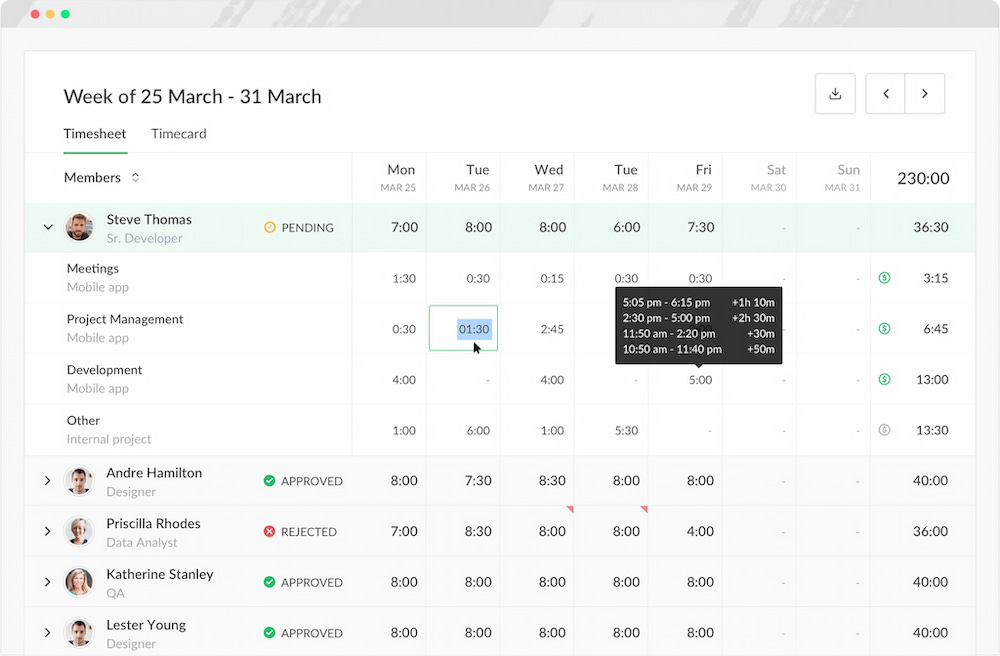Understanding business days is key for effective work management. Business days refer to weekdays when most organizations operate, excluding weekends and public holidays. This concept helps in setting deadlines, scheduling meetings, and managing projects. This article explores what defines a business day, how it differs from calendar days, and its importance in daily business activities.
What Are Business Days?
Business days are the weekdays when most companies operate, typically Monday through Friday, excluding weekends and public holidays.
These days are recognized globally as the core workweek for professional activities, transactions, and communications.
Understanding this is important for:
- Deadlines and deliverables: Helps set accurate timelines by excluding weekends and holidays.
- Operational hours: Services and customer support operate during business days, so requests made on weekends may be processed later.
- Financial transactions: Business days are used to determine transaction processing times, like bank transfers taking three business days.
In short, business days represent the workweek, helping with effective planning and scheduling. To stay on track, use the best time tracking software.
How Long Is a Business Day?
A business day typically refers to a 24-hour period within the standard workweek, from Monday to Friday, excluding weekends and public holidays. However, it often refers to the portion of the day when businesses are open, usually from 9:00 AM to 5:00 PM, depending on the industry and location.
Calculating business days
Weekends and public holidays are not business days. Here’s how to determine their numbr:
1 BD: From Monday to Tuesday, or Friday to the following Monday (assuming no holidays).
2 BDs: From Tuesday to Thursday, or Friday to the following Tuesday.
3 BDs: From Wednesday to the following Monday, or Friday to the next Wednesday.
5 BDs: From Monday to the following Monday, or Wednesday to the next Wednesday.
Always account for public or federal holidays, which may extend the number of calendar days needed to reach the target number of BDs.
Business Days vs. Working Days
While “business days” and “working days” are often used interchangeably, they can differ based on context. Understanding the distinction is key for scheduling and planning.
❓ Business days
BDs generally refer to weekdays when most businesses operate, typically Monday to Friday, excluding weekends and public holidays. They are used in formal agreements and contracts to define deadlines. For example, a service promising delivery in “5 business days” excludes weekends and holidays.
❓ Working days
Working days, however, can vary by industry, region, and job type. In sectors like retail or healthcare, working days might include weekends or even public holidays. For example, a retail worker might work on Saturday and Sunday, even though these aren’t BDs strictly.

🌟 Key differences
- Industry and sector: Business days are standard across most sectors, while working days can vary depending on the job.
- Regional variations: Different countries may have different public holidays or workweeks.
- Application: They are commonly used in legal and corporate settings, while working days are more flexible and job-specific.
Business Days in Different Contexts
| Context | Explanation |
|---|---|
| ⚖️ Legal and contractual context | Business days are clearly defined to avoid ambiguity in contracts, typically excluding weekends and public holidays, ensuring clear deadlines and preventing disputes. |
| 💵 Financial and banking context | Business days are crucial for transaction processing. Payments made on Friday may not be processed until the next business day, typically Monday, excluding public holidays. |
| 🗺️ International business context | Business days vary based on the country’s workweek and holidays. For example, while the U.S. and Europe follow Monday to Friday, some Middle Eastern countries work from Sunday to Thursday. |
| 🛒 E-commerce and shipping context | Business days affect shipping times. For instance, if a customer orders on Friday with a “2 business days” delivery estimate, the item may arrive by Tuesday or Wednesday, depending on weekends or holidays. |
| 💼 Project management context | Business days help schedule tasks and set deadlines. Project managers must account for weekends and holidays to ensure timelines stay on track. |
Relevance in Business Operations and Planning
BDs play a critical role in business operations and planning, impacting various aspects from daily tasks to long-term strategies. Understanding their influence helps businesses stay organized, meet deadlines, and maintain customer satisfaction.
- Scheduling and time management: BDs affect meetings, deadlines, and deliverables. For example, a report due in “5 business days” requires consideration of weekends and holidays to ensure timely submission.
- Contractual obligations and legal compliance: BDs are used in contracts to define deadlines, payment terms, and obligations. For example, a contract might state that payment is due “within 10 business days” of receiving an invoice.
- Inventory and supply chain management: A manufacturer expecting parts in “3 business days” must account for the supplier’s operating days to predict delivery.
- Financial planning and reporting: Financial operations, like payroll and invoicing, often revolve around BDs. For instance, payroll may be processed on the last business day of the month, or invoices may be due “within 30 business days.”
- Strategic planning: For instance, a project requiring “60 business days” needs to align with the overall strategy, factoring in periods of reduced productivity.
Tools to Track Business Days: Spotlight on Everhour
To assist with meeting deadlines, several tools can help businesses accurately track and manage time. One such tool that stands out is Everhour.
What is Everhour?
Everhour is a powerful time-tracking and project management tool designed to help businesses manage their time more effectively. It integrates seamlessly with popular project management platforms like Asana, Trello, and Basecamp, making it easy for teams to track hours, set deadlines, and manage workloads directly within the tools they already use.

How Everhour helps with tracking business days
Everhour offers key features to track business days and optimize project timelines:
- Custom workweek settings: Tailor the tool to your company’s schedule, including non-traditional workweeks.
- Automatic deadline calculation: Account for weekends and public holidays to meet deadlines.
- Visual timelines: Use Gantt charts to track project progress and adjust schedules as needed.
- Reporting and insights: Generate reports that compare time spent on tasks using business days versus calendar days.
- Integration with calendars: Sync with calendar tools to avoid scheduling conflicts.
✅ Benefits of using Everhour
- Increased accuracy: By automating the calculation of hours, Everhour reduces the risk of human error in scheduling and time tracking, ensuring that deadlines are always realistic and achievable.
- Improved project management: With real-time insights and visual tools, Everhour helps project managers make better decisions and keep teams aligned with timelines.
- Enhanced productivity: Everhour helps teams focus on what matters most, improving overall productivity.
- Flexibility and customization: It is a versatile solution that can be tailored to fit the specific needs of any business.
Conclusion
Understanding BDs is essential for effective business operations. They play a critical role in setting deadlines, scheduling, and planning. Tools like Everhour simplify time tracking, ensuring your projects stay on schedule. By leveraging such tools, you can enhance productivity and efficiency in your daily tasks.

